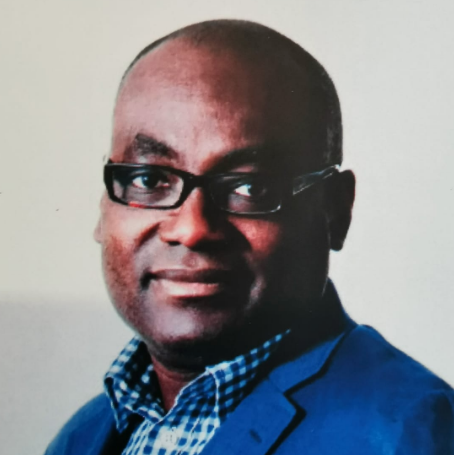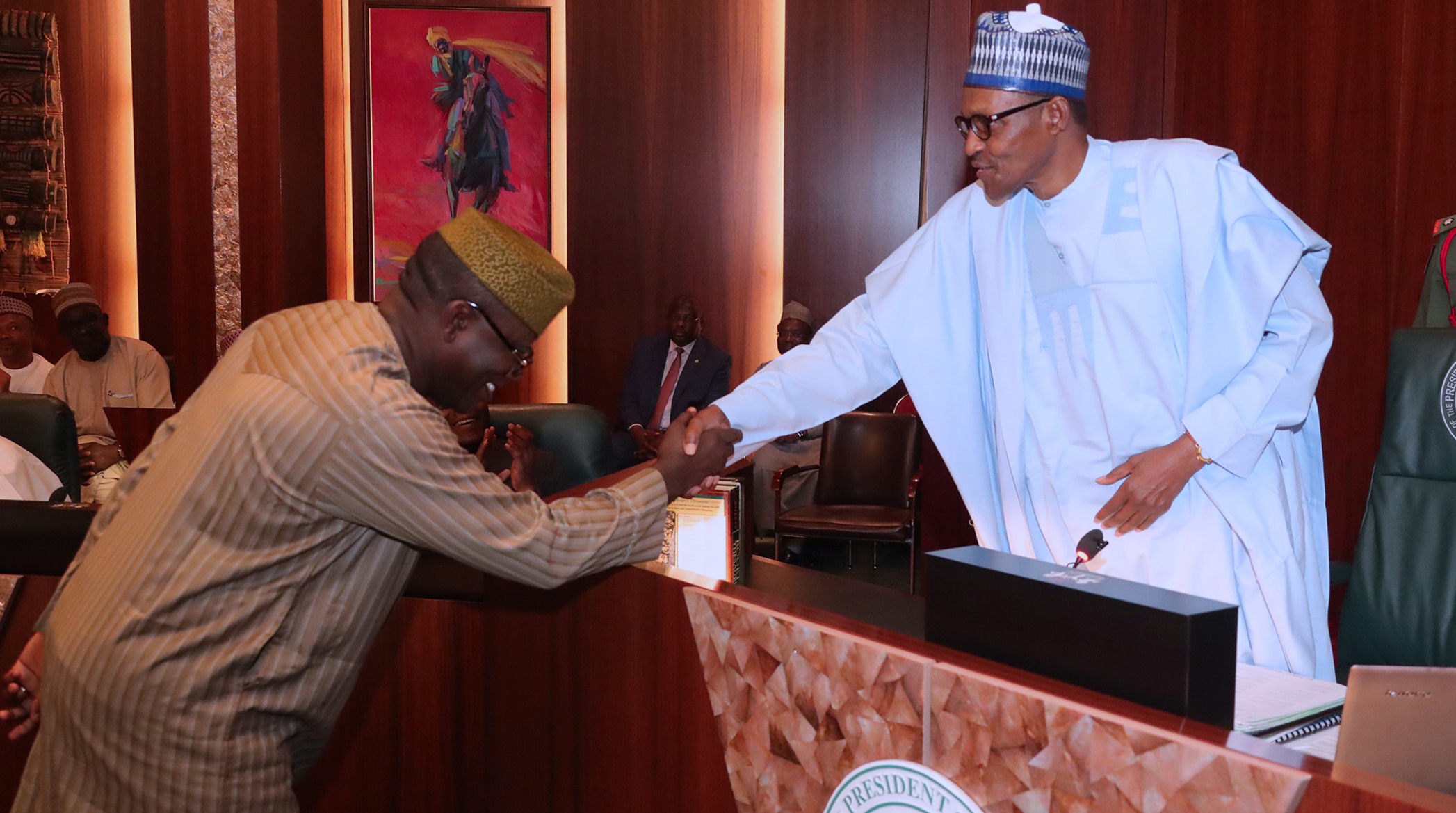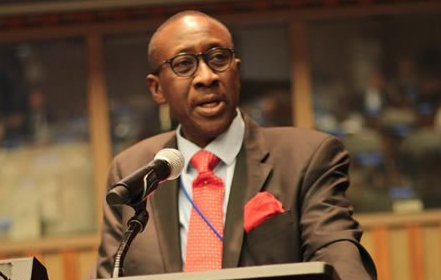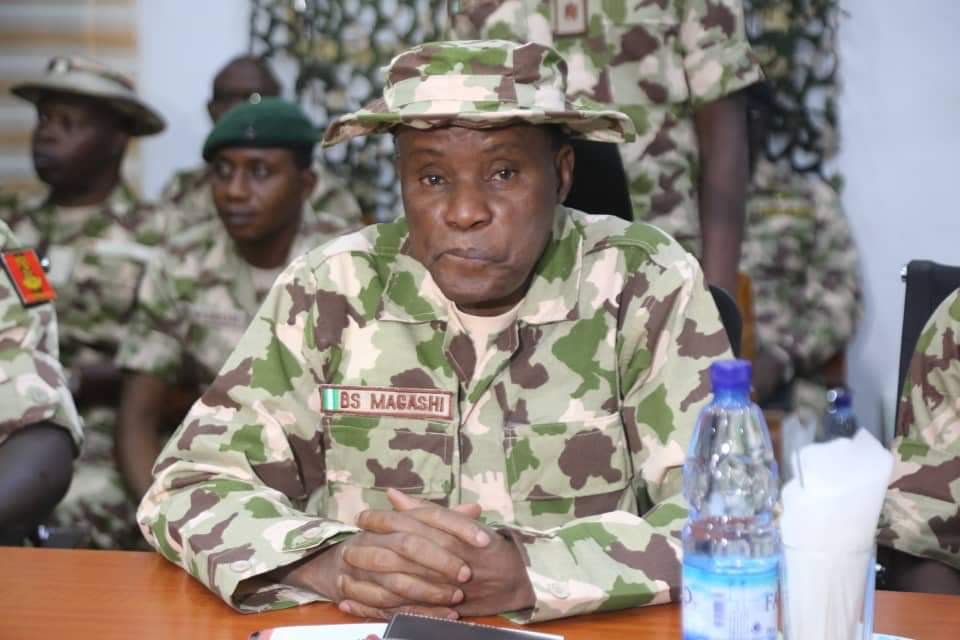The Deputy Speaker of the Nigerian House Representative, Ahmed Idris Wase’s refusal for the House to hear a petition by a group of Nigerians in the US called Peace America regarding the security concerns in the Benue, Taraba and neighbouring states that have witnessed the displacement of the indigenous people from their land, has struck a chord among many within and outside Nigeria. The petition was tabled by Hon. Mark Terseer Gbillah on behalf of the group and the reason for the refusal to debate the petition was that the petitioners were resident abroad, or in the Deputy Speaker’s words they were ‘in America, far away from this country’.
This episode raises an important question about who is a Nigerian and what rights he or she possesses. The question divides into two dimensions. The first has a simple textbook answer, while the second, which perhaps is the more important question for our purposes, has a deeper and perhaps more complex answer. For sake of completeness, let me deal with the first part of the question, the one with the simple answer.
There are two poles involved here. The first pole refers to a de jure Nigerian, while the other pole refers to a de facto Nigerian. Definitionally, (that is, de jure) a Nigerian is a citizen of Nigeria, which is to say that he or she is a right- bearing member of the polity known as the Nigerian State and recognised in international law as such. These rights are many and are conferred by the state on an individual to whom these rights attach with a certain indelible fixidity, as a form of national identity. Citizenship may be acquired by birth (birth right) or by naturalisation. The fixidity of citizenship carries a sufficient permanence that endures until something catastrophic intervenes to nullify such a right. This is merely to say that citizenship is not a garb that may be easily put on and taken off, neither can these rights be abrogated by virtue of residency outside the country.
Only in extreme cases can the rights of citizenship be revoked, but even then, this would render an individual stateless and under the United Nations Charter no individual can be made stateless. But this is not the point at issue. What the Speaker appears to have in mind is that Nigerians in the diaspora have no ‘right’ to contribute or to involve themselves in matters concerning Nigerians in Nigeria.
Advertisement
Many have alluded to the contributions that Nigerians in the diaspora make to the Nigerian economy by way of foreign currency remittances, but even this important fact remains beside the point. What is on point is their entitlement to participate in Nigerian affairs as it affects them.
What was striking about the Deputy Speaker’s intervention was that the very subject of the petition, the displacement of a group of Nigerians from their land, which had turned them into refugee, had not been addressed and remains unaddressed. If the problem was a matter of process – Nigerians abroad cannot raise a legislative matter from abroad, which everyone agrees is an invalid form of political reasoning, – why should the more important subject of the petition be summarily dismissed?
Now here’s the real problem, which takes us neatly into the second dimension of the question of who is a Nigerian. Here the answer falls under category of de facto idea of the Nigerian. I therefore suggest that there are three categories of Nigerians. There are full Nigerians, (the rich and powerful governing elite), the nearly Nigerians (the struggling middle classes) and the non-Nigerian Nigerians (the mass of Nigerians) who are devoid of power and denied access to the nation’s political and socio-economic resources.
Advertisement
Let us unfold the answer to this question a little more carefully. Some of the rights that Nigerians bear, include equality before the law, right to safety, security, protection and the right to have their representatives raise matters of concern in the legislature on their behalf. But these rights are often ignored or not respected but accrue only to a few who are full Nigerians, namely the rich, the powerful such as the governing elite.
Almost all of those displaced in Benue and surrounding areas are by our reckoning fall under the category of Non-Nigerian Nigerians, which is why their plight remain unaddressed as a matter of course or even when raised in the country’s legislative house. These displaced people maybe Nigerians and reside within the geographical area called Nigeria but they reside outside the political structure that is Nigeria because they are not fully Nigerians in a de facto sense. They are Nigerians in name only in the sense that they nominally fulfil the constitutional provisions of citizenship but enjoy none of the benefits of the rights available within those provisions. In other words, these citizens inhabit a paradoxical state of paralysis where they are citizens without the rights of citizenship. They are citizens only for the purposes of census, electioneering, crowds for the spectre of political support and so on. They are fodder for the canon to be despatched when ethno-religious ferment is being brewed. Otherwise, they area nameless, faceless, disenfranchised mass to whom care and support, let alone right of citizenship is not owed, even though they are the mass that provides the bedrock that sustains the privileges of ‘full Nigerians’.
This, I suggest is the heart from which Deputy Speaker’s comments came, but I suspect he was himself unaware what kind of fowl hatched it, because so used are these cohorts to privilege that they forget that every Nigerian is a right-bearing individual and what that means. Simply put: all Nigerians are Nigerians but some Nigerians are more Nigerian than others. To coin a phrase: ALL NIGERIANS MATTER and not just a few, but this is a phrase that no doubt escapes the purview of their reasoning, a reasoning which precisely forms the basis upon which the legislators swore an oath to affirm and defend the constitution. The sad irony is that Nigerians in the diaspora could take up placards and march against racism under the banner of Black Lives Matter, while back home their own leaders deny even more basic human rights to their own people. So the lower down the pecking order you go in Nigeria the more you find Nigerians whose lives do not matter, while the higher up the hierarchy you find that some Nigerians matter more than others. But perversely, these few Nigerians whose lives appear to matter more constitute a kind of majority, as the thinkers Deleuze and Guattari tell us. Even though they are a minority, they are a majority by virtue of the power that they wield, which is why a man of no less the person of the deputy speaker of the House of Rep, could declare in the House, along with the complicit silence of his fellow law-makers that some Nigerians have no right. Which is why the voices and wailing of these poor and hapless Nigerians suffering in refugee camps in their own country goes unheard and ignored even when the issues are raised.
As I suggested earlier that there are three categories of Nigerians, the Deputy Speaker has merely added a fourth: Nigerians in the diaspora, who are by virtue of being resident outside Nigerians are not Nigerians enough. Out of sight is not merely out of mind, but out of the political frame completely. Should we then say that Black lives matter more in the diaspora where racism exist than it does in the home of the black man? That would be the saddest irony of all.
Advertisement
Views expressed by contributors are strictly personal and not of TheCable.







